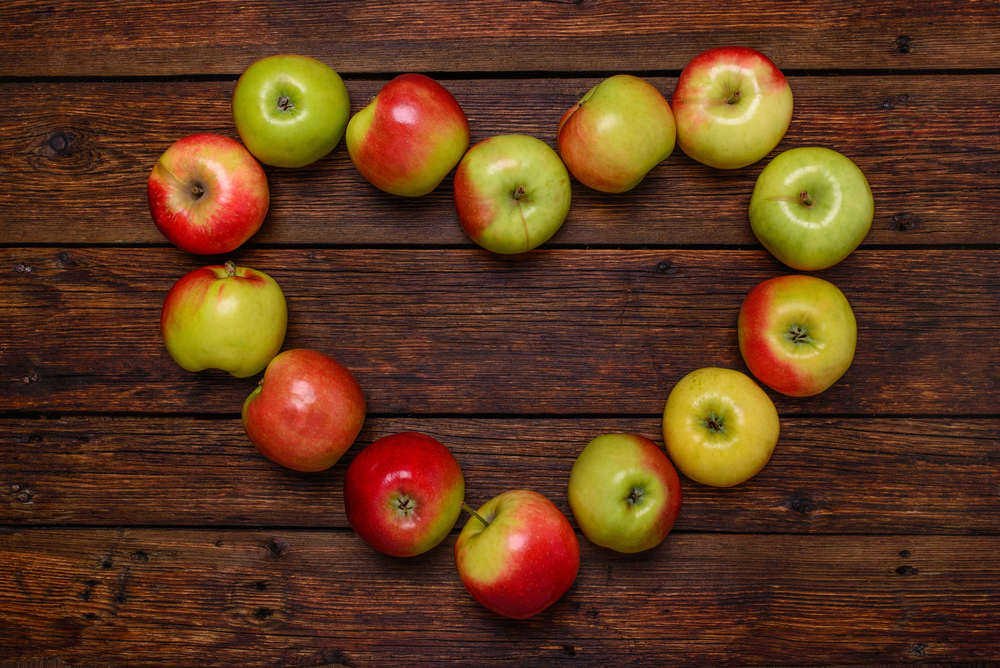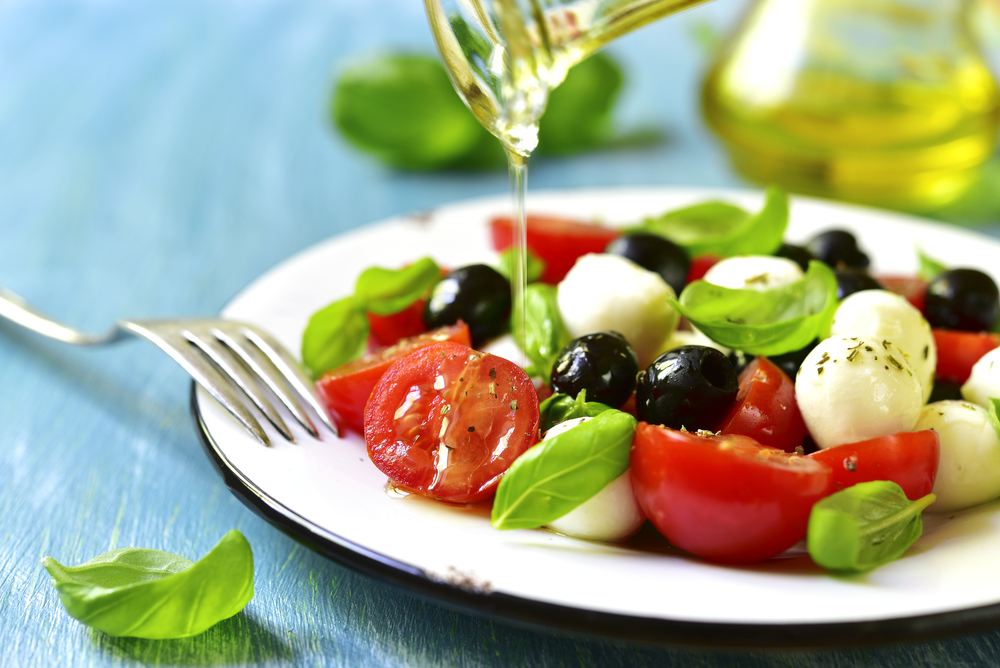FRUITY BENEFITS FOR DIABETES

The thinking that eating fresh fruit can have a negative effect on people with type 2 diabetes on account of its sugar content is changing. A recent study led by Oxford University[1] found that in fact eating fresh fruit might help reduce some of the complications linked with diabetes. What’s more, the researchers also found that it may also lower the risk of developing diabetes in the first place.
The researchers suggested, however, that it might be better to opt for apples, oranges, pears and berries rather than bananas, grapes and tropical fruits as they raise blood sugar levels more gradually.
HEALTH BENEFITS OF A MEDITERRANEAN DIET

The health benefits of the Mediterranean diet, which include reducing the risk of heart disease and stroke, are well known. And now according to a Dutch study[2] a diet rich in olive oil, fish, fruit, nuts, vegetables and wholegrain, could also significantly lower the chances of women getting oestrogen-receptor-negative (ER-negative) breast cancer, a post-menopausal form of the disease that cannot be treated with hormone therapy.
MIND MATTERS

This year’s Mental Health Awareness week hosted by the Mental Health Foundation is taking place from May 4th-8th with the theme ‘surviving to thriving’. Holding onto jobs, managing family life and paying bills can sometimes be overwhelming. If this sounds familiar a dose of St John’s wort, known as the sunshine herb, could help to keep things on an even keel.
To find out more visit the Mental Health Foundation
For helpful advice for coping with low mood and depression visit the Feeling Blue website.
[1] Du H, Li L, Bennett D, et al. Fresh fruit consumption in relation to incident diabetes and diabetic vascular complications: A 7-y prospective study of 0.5 million Chinese adults. PloS Medicine. Published online April 11 2017
[2] Van den Brandt, P. A. and Schulpen, M. (2017), Mediterranean diet adherence and risk of postmenopausal breast cancer: results of a cohort study and meta-analysis. Int. J. Cancer, 140: 2220–2231. doi:10.1002/ijc.3065




















